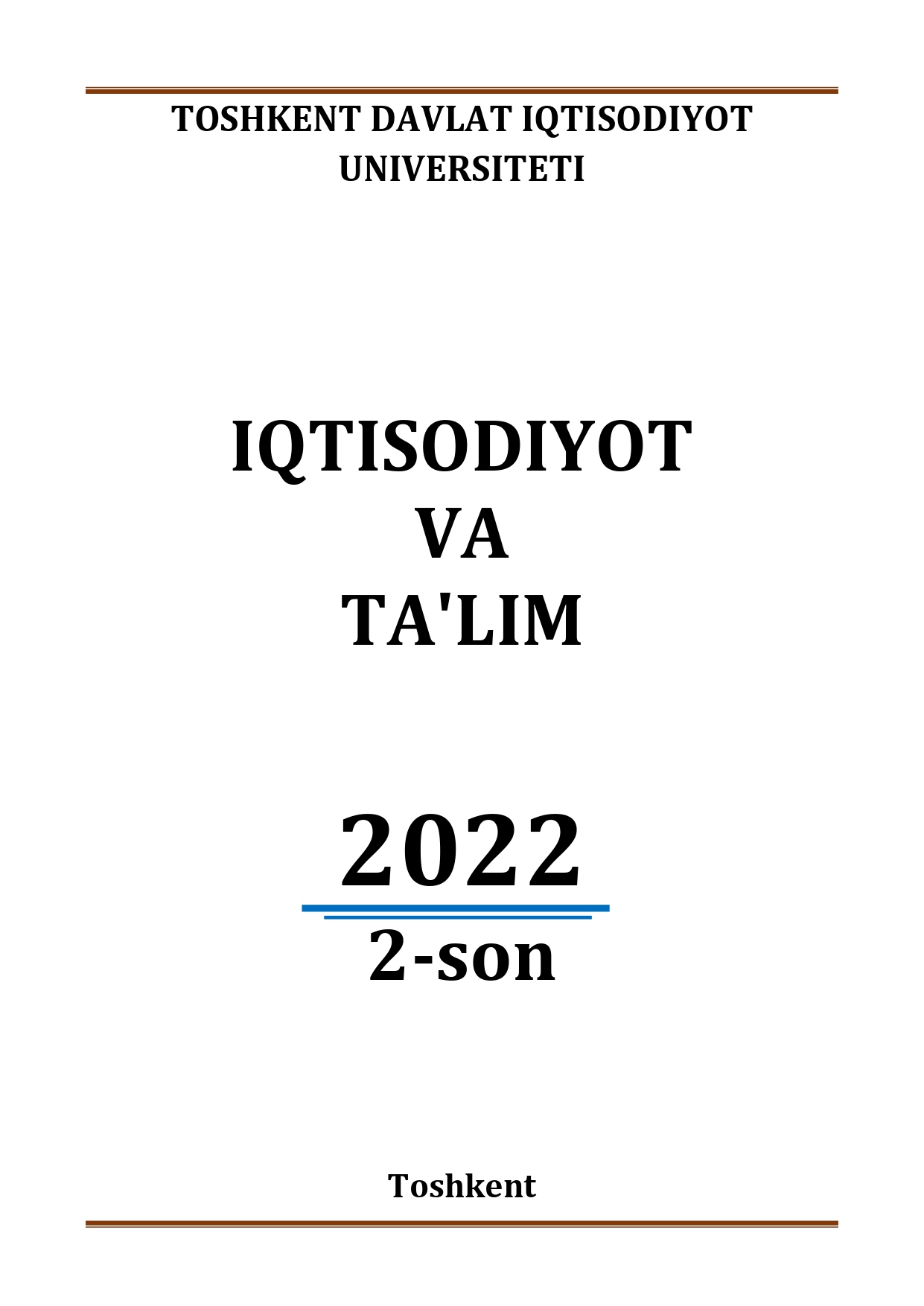Abstract
This article is connected with the questions of effective preobrazovaniya of high school students in deystvuyushchie centers of peredovoy science and innovative predprinimatelstva in the framework of the concept of "University 3.0". Formation of the system of management of scientific and innovative development of universities, which will allow to find resources and methods of effective reproduction of scientific and innovative potential.
References
Azman, N., Sirat, M. and Ahmad, A.R. (2014) ‘Higher education, learning regions and the Malaysian transformation policies’, Higher Education Policy 27(3): 301-321.
Becker, G.S. (1975) Human Capital: A Theoretical and Empirical Analysis, with Special Reference to Education, New York: Columbia University Press.
Benos, N. and Zotou, S. (2014) ‘Education and economic growth: A meta-regression analysis’, World Development published online 2 August. http://www.sciencedirect.com/science/article/pii/ S0305750X14002009.
Bo¨hm, S., Grossmann, V. and Steger, T.M. (2015) ‘Does expansion of higher education lead to trickle- down growth?’, Journal of Public Economics published online 9 October. http://www.sciencedirect.com/science/article/pii/S0047272715001681.
Cui, Y.P. (2001) ‘On contributions of Chinese higher education to economic growth’, Education and Economy 1(1): 1-5.
Hassan, G. and Cooray, A. (2014) ‘Effects of male and female education on economic growth: Some evidence from Asia’, Journal of Asian Economics published online 28 September. http://www.sciencedirect.com/science/article/pii/S1049007814000682.
Krueger A. and Lindahl M. (2001) ‘Education and growth: Why and for whom?’, Journal of Economic Literature 39(4): 1101-1136.
Li, J. (2016) ‘The global ranking regime and the reconfiguration of higher education: Comparative case studies on research assessment exercises in China, Hong Kong, and Japan’, High Education Policy 29(4): 473-493.
Ma, P.Y. and Mi, H. (2012) ‘The nexus of higher education scale and economic growth: An empirical study’, Education and Economy 2(1): 17-21.
Pereira, J. and St Aubyn, M. (2009) ‘What level of education matters most for growth? Evidence from.
Portugal’, Economics of Education Review 28(1): 67-73.
Schultz, T.W. (1961) ‘Investment in human capital’, American Economic Review 51(1): 1-17.
Self, A. and Grabowski, R. (2004) ‘Does education at all levels cause growth? India, a case study’, Economics of Education Review 23(1): 47-55.
Solarin, S.A. and Yen, Y.Y. (2016) ‘A global analysis of the impact of research output on economic growth’, Scientometrics 108(2): 855-874.

This work is licensed under a Creative Commons Attribution-ShareAlike 4.0 International License.
Copyright (c) 2022 Economics and education
